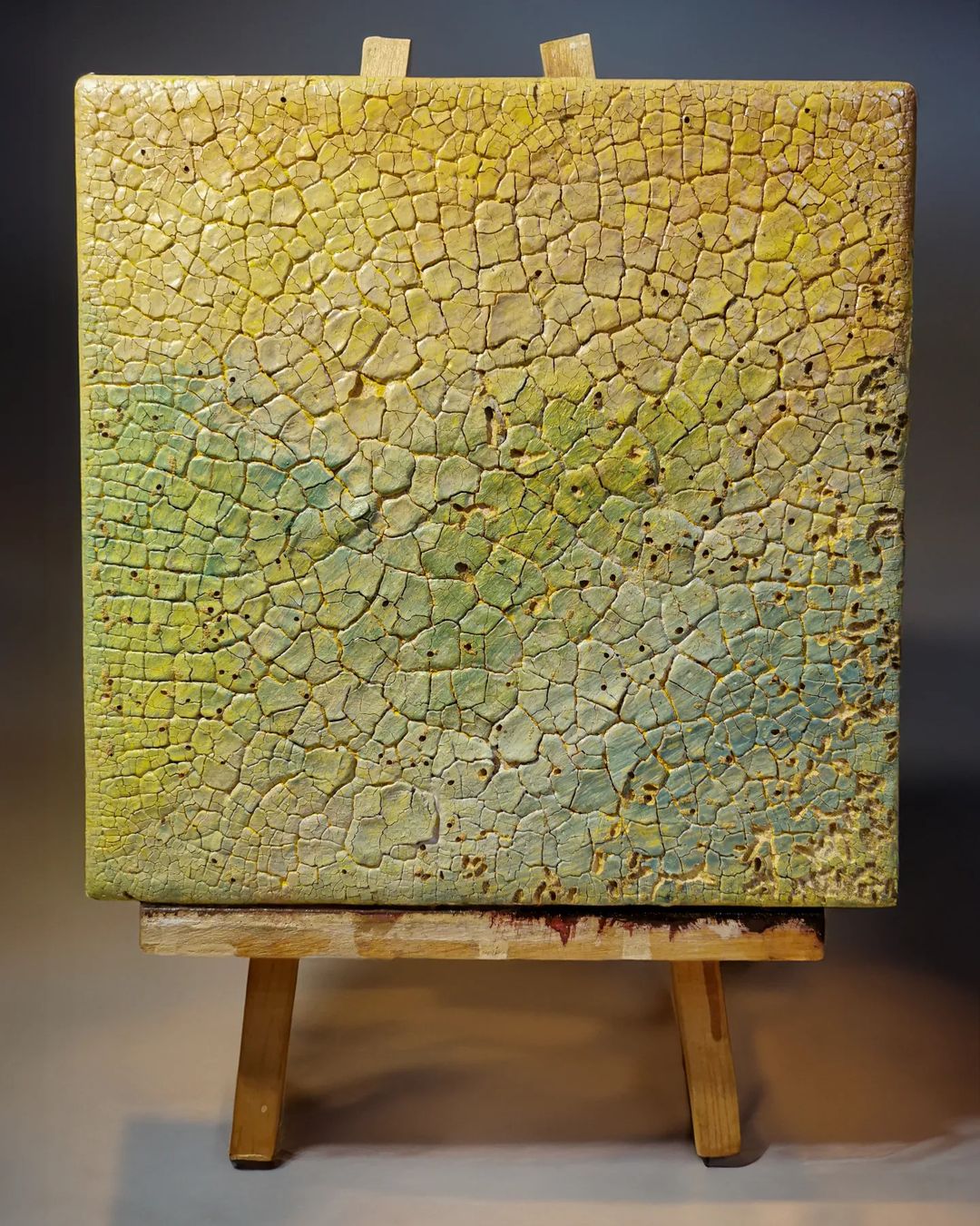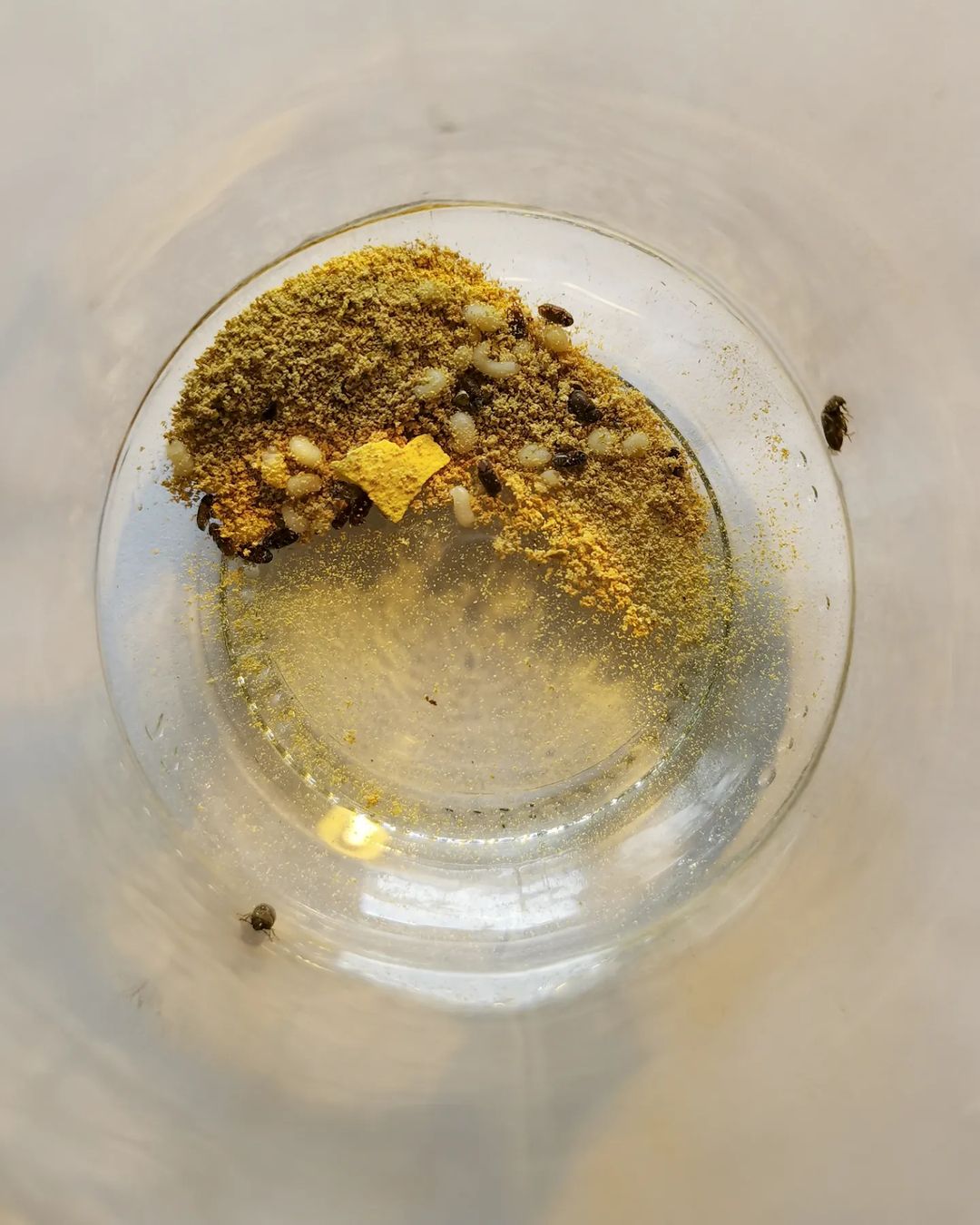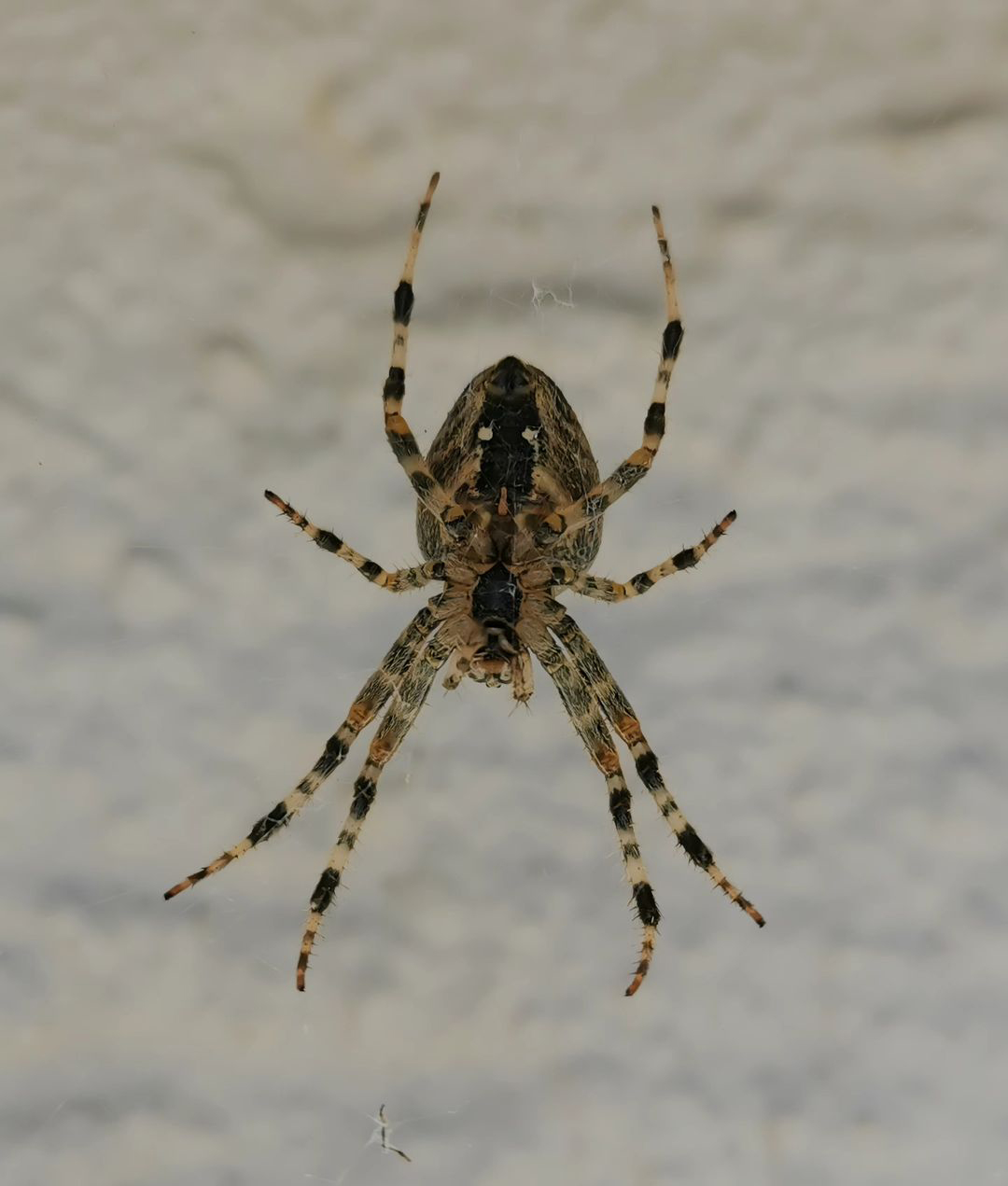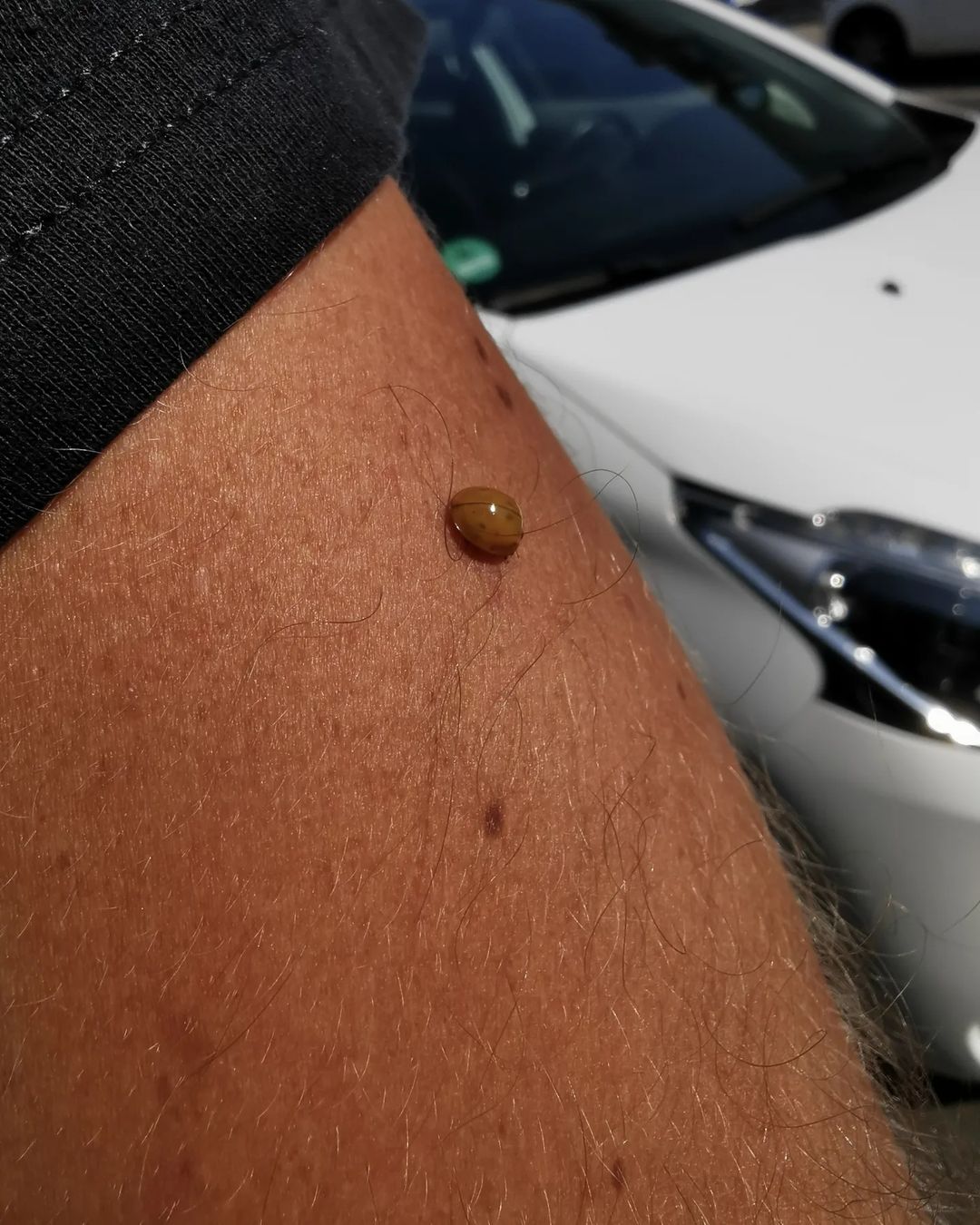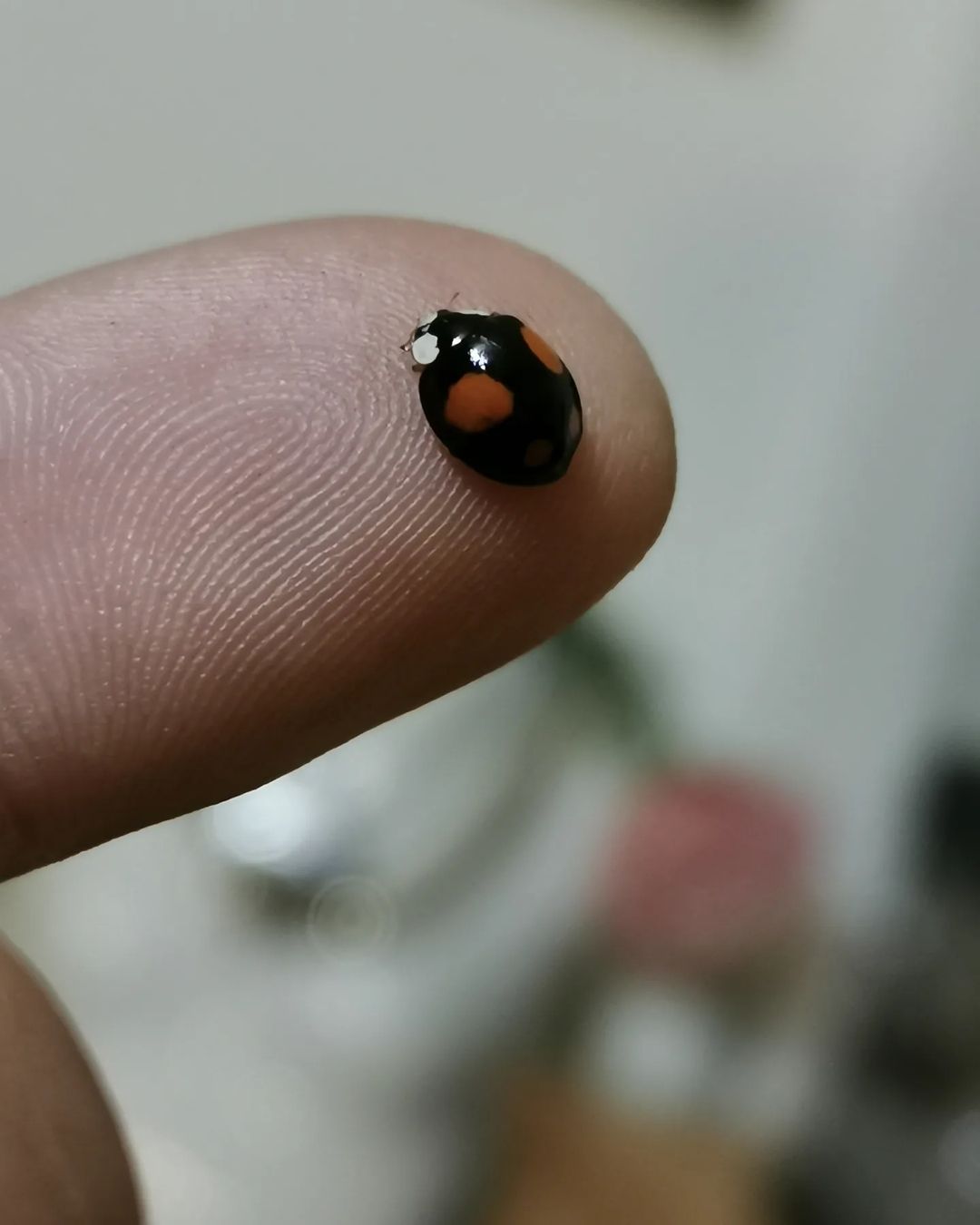Post #901:

Bruce with Loki 🙃🙂
🗓⏰️😴 My leopard geckos are kept in the basement every winter from December to February. There I can ensure the optimal temperatures so that the geckos follow their internal clock. Many animals and plants take a break in the winter. This is called dormancy.
🌡📉😴 Dormancy, from the Latin dormire (to sleep), refers to periods during which the development of organisms or biological processes slows down or temporarily halts. These periods can be triggered by external factors but are also influenced by genetic and hormonal mechanisms. Dormancy plays a vital role in helping animals and plants survive harsh environmental conditions.
☃️🦎 For ectothermic animals like lizards, the cold-induced state of inactivity differs from the hibernation seen in endothermic species. To describe this distinct phenomenon, the term brumation was introduced in the 1920s.
🍁❄️ Reptiles typically enter brumation in late autumn, though the exact timing varies by species. During this state, they may periodically wake to drink water but refrain from eating and return to their dormant state. Prior to brumation, reptiles often consume larger amounts of food, but as temperatures drop, their appetite diminishes, and they may stop eating altogether. However, they must continue to hydrate. Brumation can last anywhere from one to eight months, depending on factors such as ambient temperature, the reptile's size, age, and overall health. In their first year, many young reptiles do not fully enter brumation; instead, they exhibit reduced activity and eat less frequently. Like hibernation, brumation is triggered by cooler temperatures and shorter daylight hours in winter.
Topic: ➟ Geckos
🤗 For a more nuanced discussion, please feel free to use the comments section, private messages or the anonymous contact form on my website.
Details:
This post is part of the artistic performance The Happening on Instagram.
Further information about this art project Related post on InstagramCreator of this post is Frederic Hilpert
© File Usage Guidelines This post on megagroundsloth.de#leopardgecko #leopardgeckos #eublepharis #winterbreak #reptilien #reptiles #tiere #terraristic #gecko #geckos #haustierfotografie #terrarium #terrarium #dieren #reptielen #faul #haustiere #pets #haustier #brumation #petphotography #winterzeit #animales #letssleep #tier #animalia








